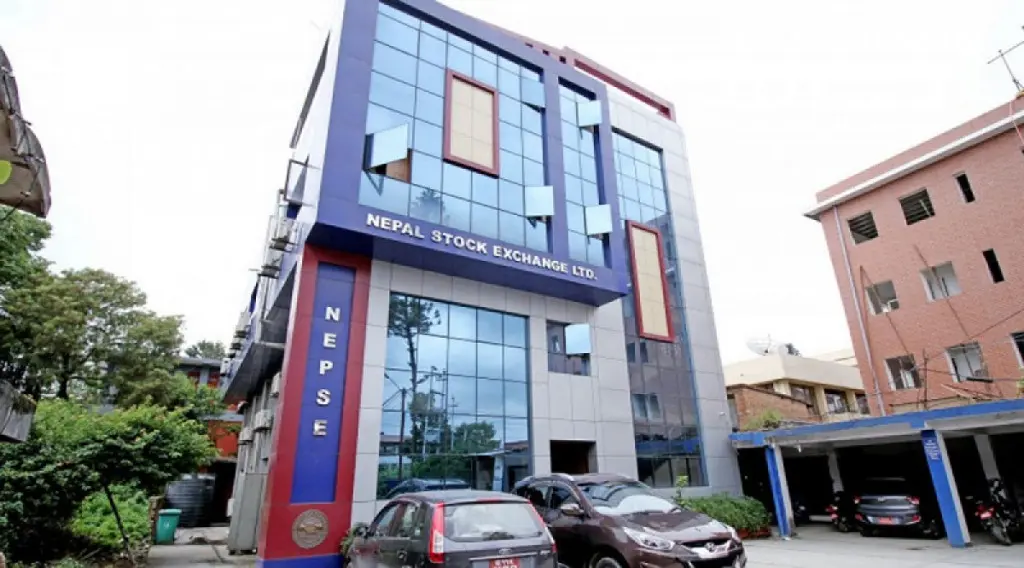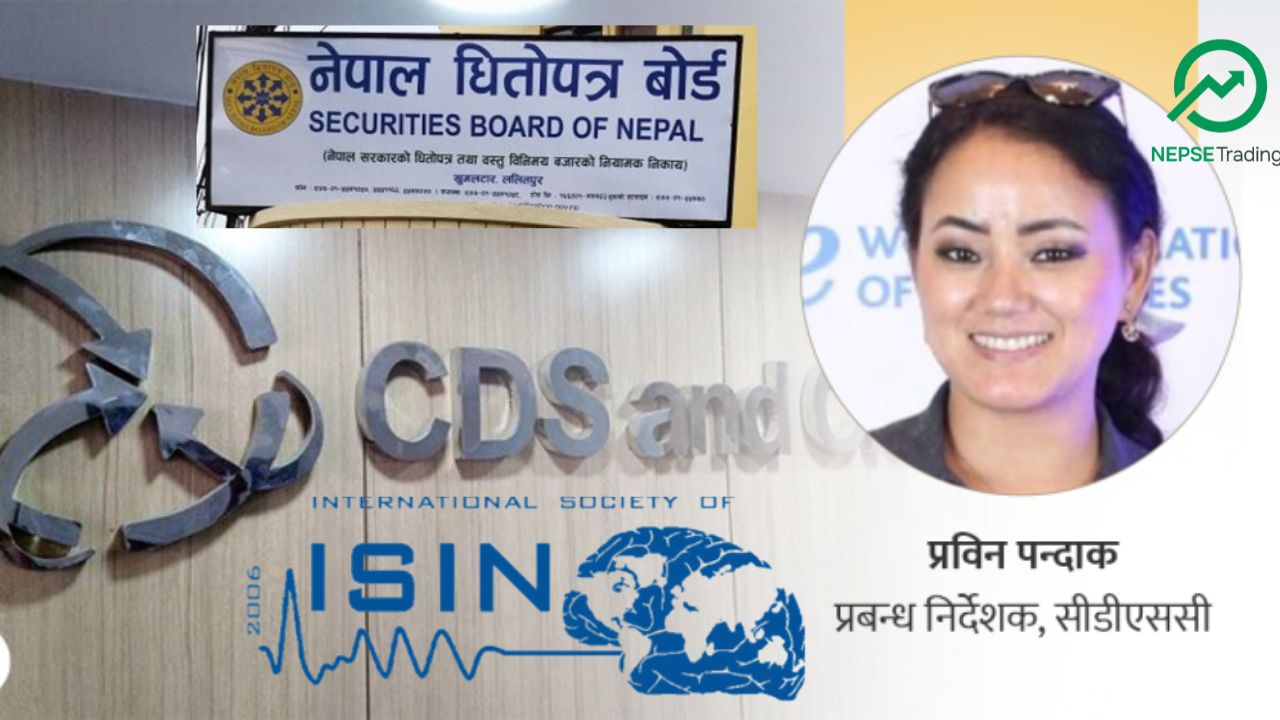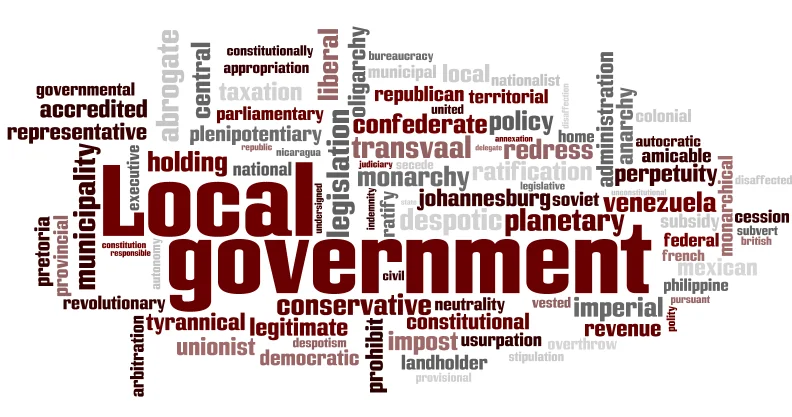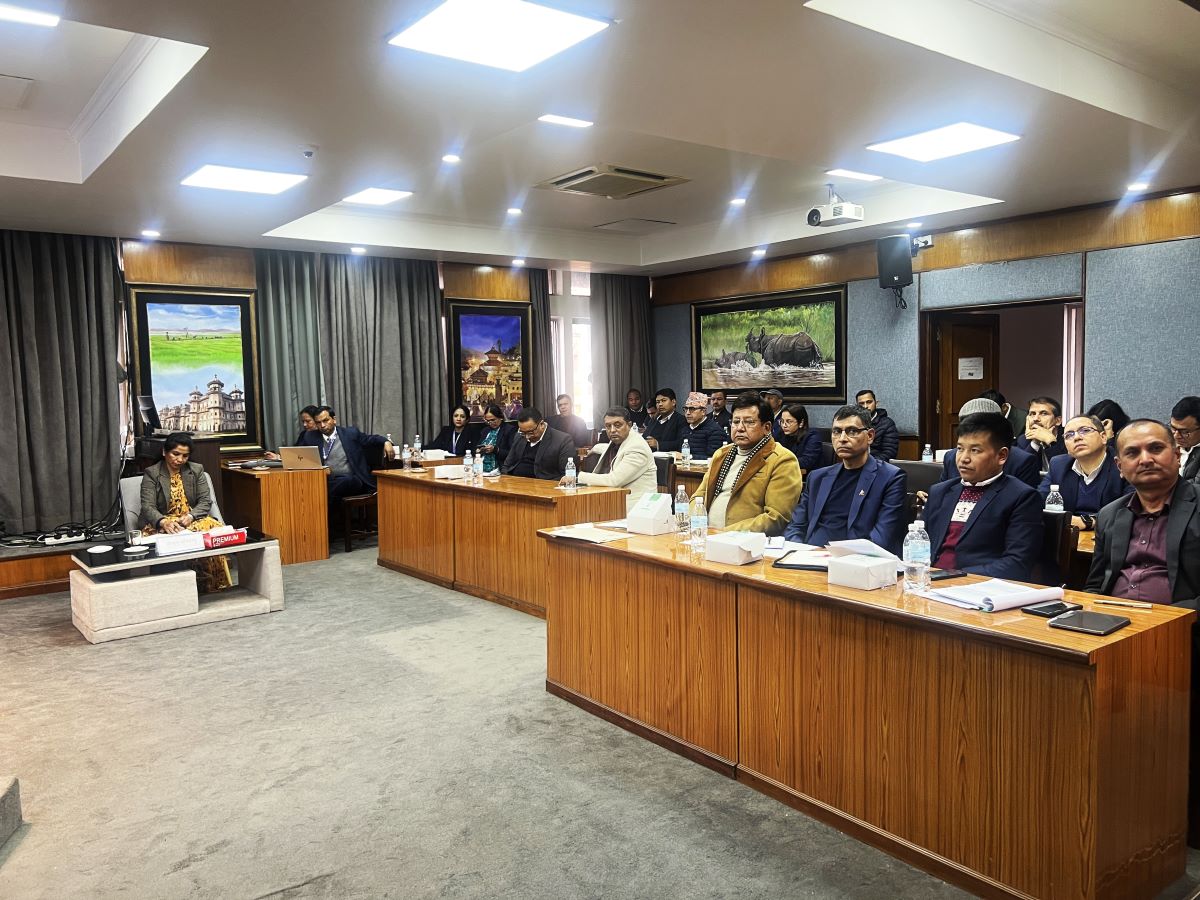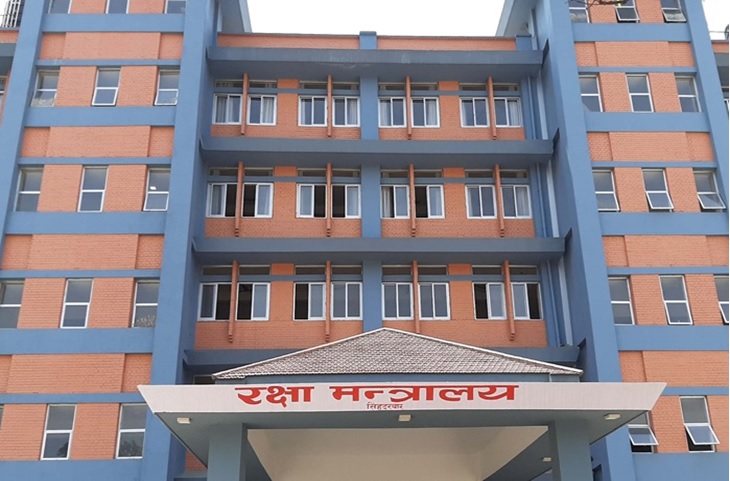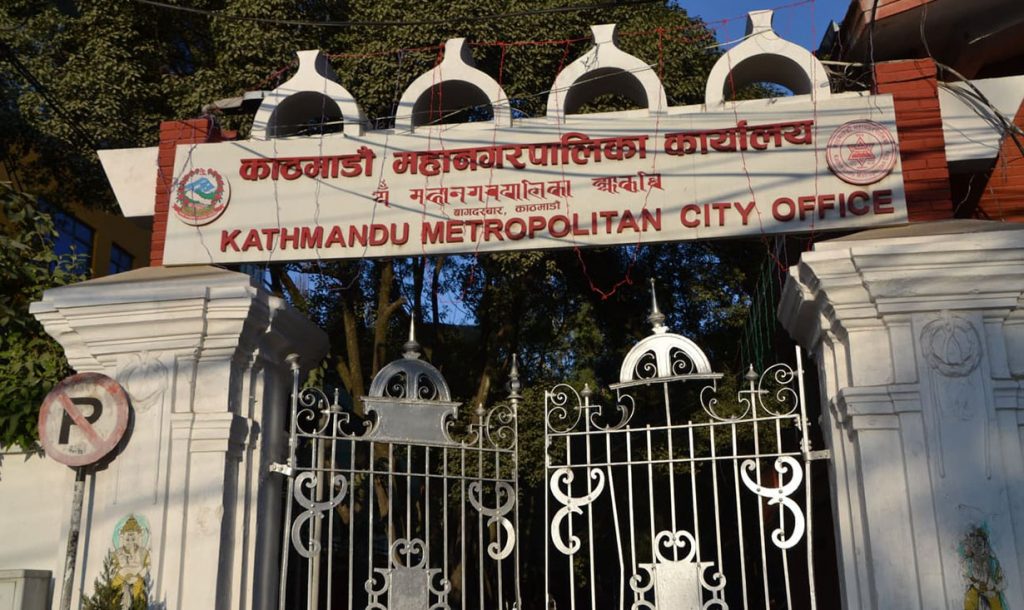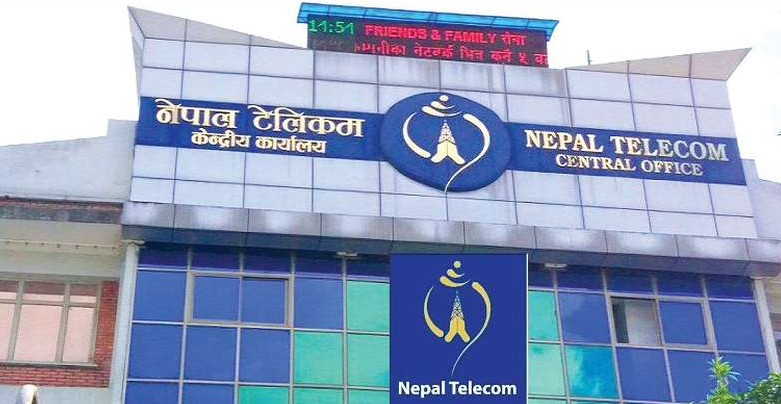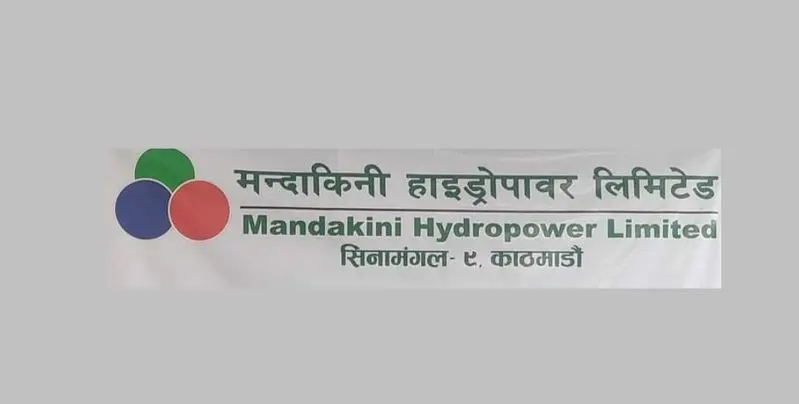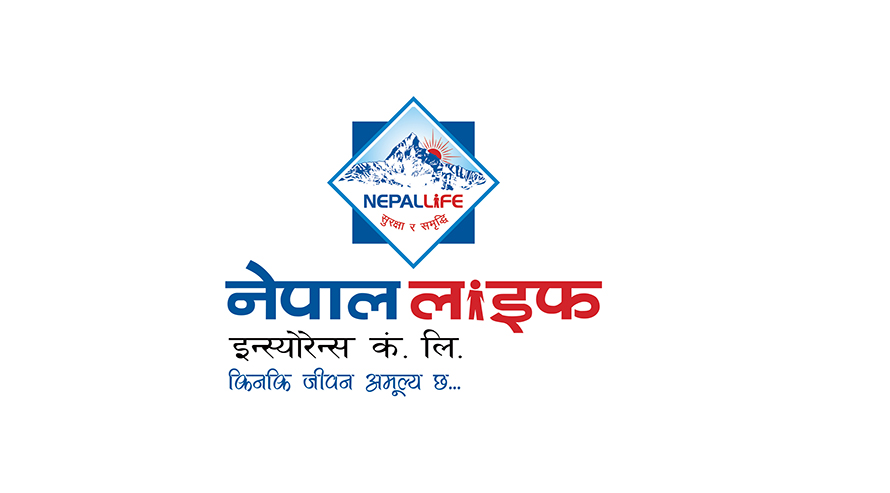By Sandeep Chaudhary
NRB Data: Nepal’s Foreign Exchange Reserves Cross Rs 2.88 Trillion, Import Cover at 16 Months
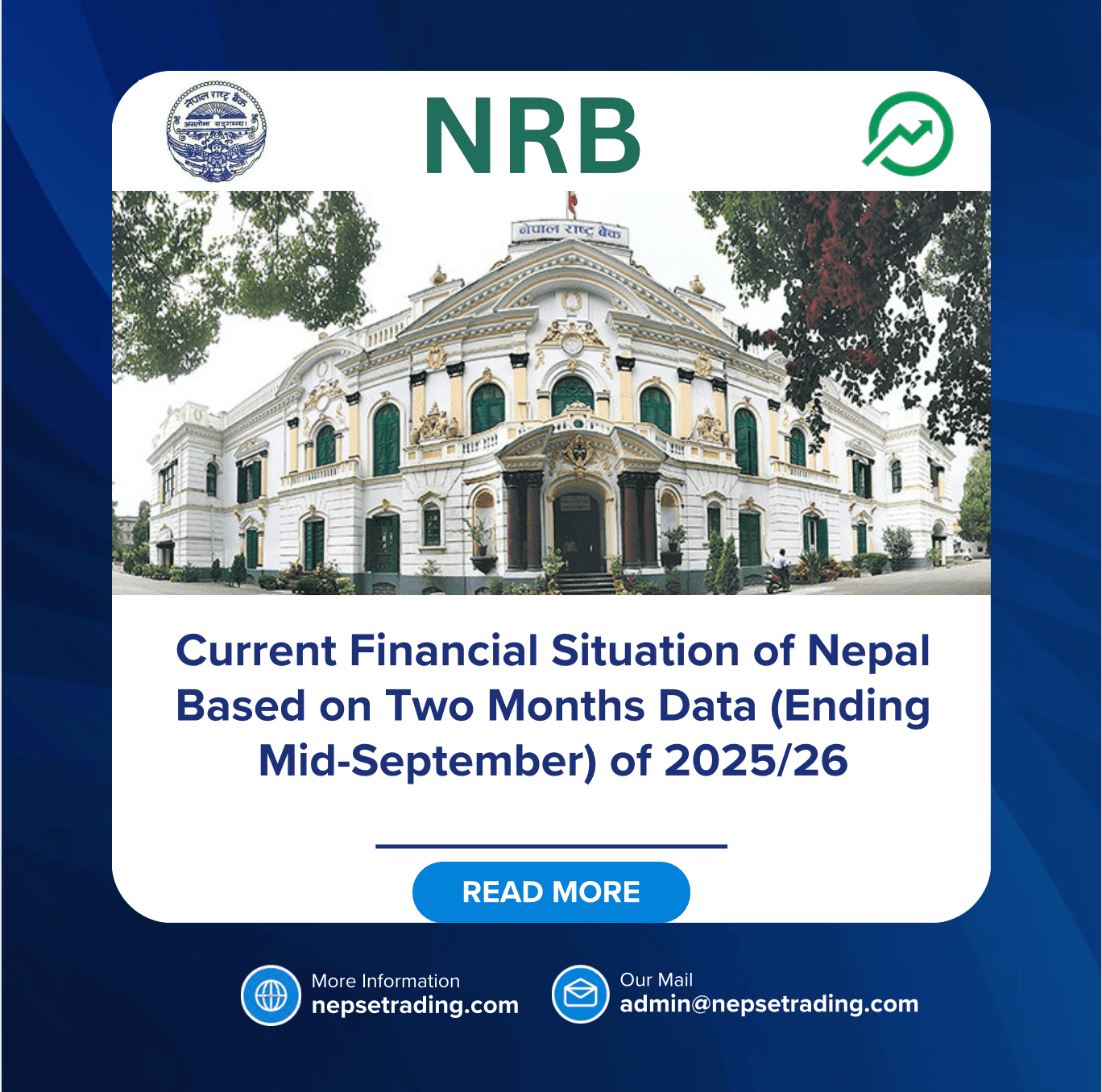
According to the Nepal Rastra Bank (NRB) Mid-September 2025 report, Nepal’s foreign exchange reserves have surged to Rs 2.88 trillion, marking a 7.6% increase from mid-July 2025. This steady rise reflects strong inflows from remittances, improved tourism earnings, and moderate import growth, which together have strengthened the country’s external sector stability. The report highlights that this is the highest reserve level recorded post-pandemic, demonstrating Nepal’s robust foreign currency position amid global economic uncertainty.
The convertible reserves rose to Rs 2.23 trillion, an 8.4% rise, while inconvertible reserves climbed to Rs 647.9 billion, a 4.9% increase. With this, Nepal’s reserves are now sufficient to cover 16 months of total imports of goods and services and nearly 19.7 months of merchandise imports—one of the strongest reserve positions among South Asian economies.
NRB’s data also shows that the Gross Foreign Assets (GFA) of the banking sector increased by 7.7%, reaching Rs 3.03 trillion. The Net Foreign Assets (NFA) grew by 8.2% year-on-year, standing at Rs 2.88 trillion as of mid-September 2025. The Reserves-to-GDP ratio improved to 47.2%, while the Reserves-to-Import ratio reached 133.1%, both indicating enhanced macroeconomic resilience and liquidity.
Economists attribute the improvement to strong remittance inflows, controlled import expenditure, and a rise in tourism-related foreign earnings in 2025. The Nepal Tourism Board’s data showing over 815,000 tourist arrivals this year also contributed to higher foreign exchange income. Furthermore, NRB’s prudent monetary management and the banking sector’s foreign currency accumulation through financial instruments and external loans supported the upward trend.
Despite the positive outlook, analysts emphasize the need for export diversification, productive sector investment, and exchange rate management to ensure sustainable growth. They warn that while rising reserves strengthen the economy in the short term, Nepal must focus on boosting exports and domestic production to reduce reliance on remittances and imports in the long run.
